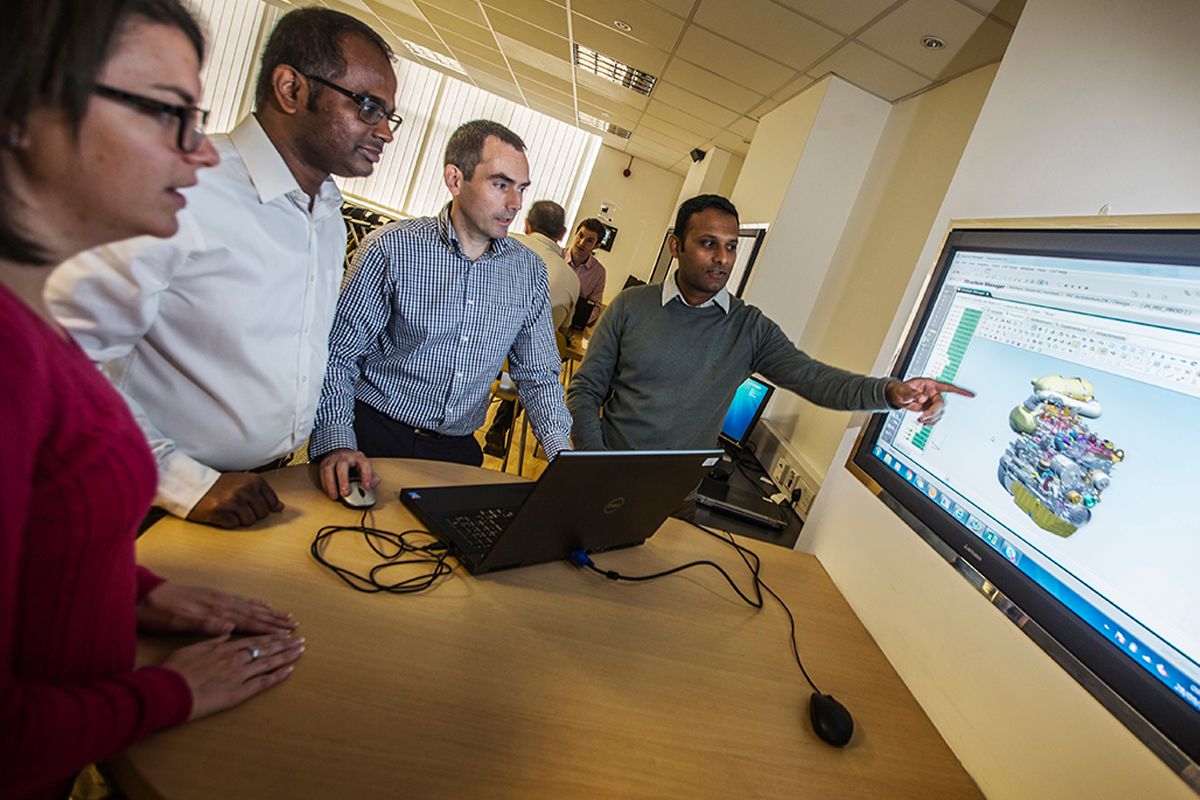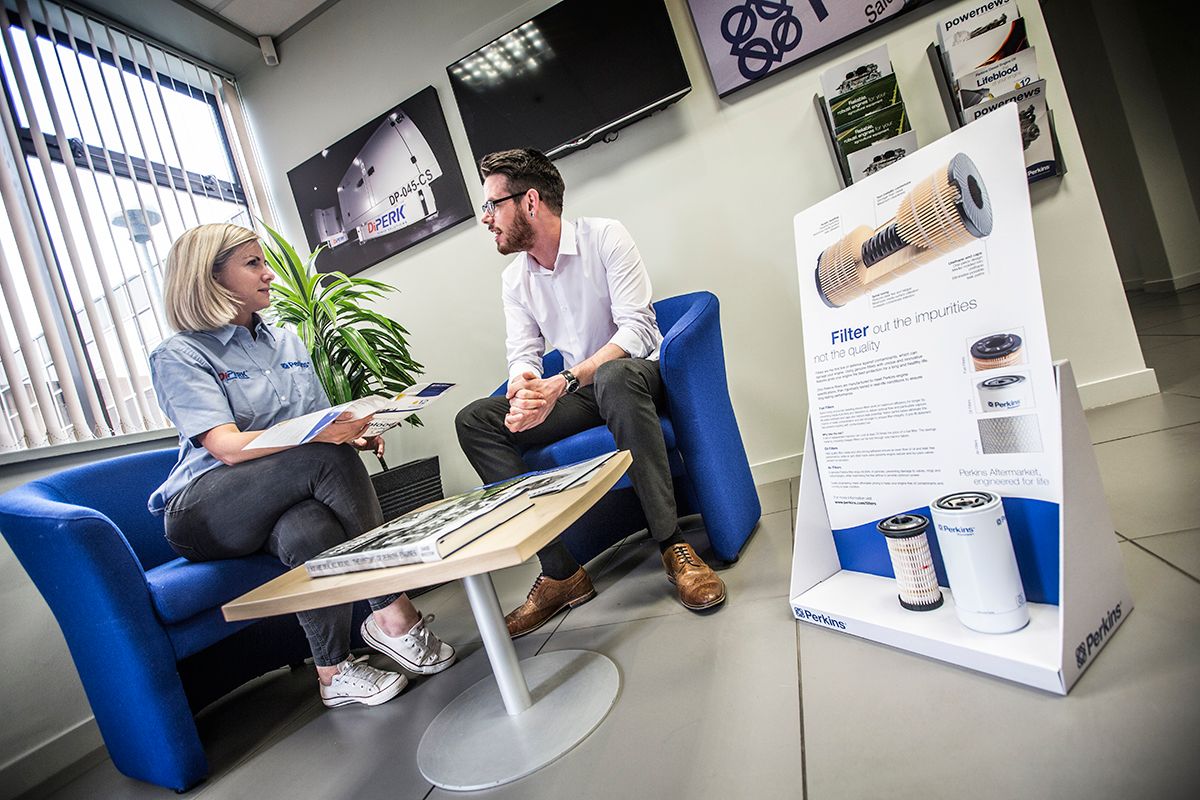Sea Cadets come from all walks of life and the organisation’s vessels travel all over the UK. Sea Cadets also participate in exchanges with other countries such as Canada, Australia and Hong Kong, broadening mindsets internationally.
As the name implies, Sea Cadets are trained in a range of nautical skills including navigation, seamanship, engineering, deck work, bridge watchkeeping and even support duties like catering and stewarding. The programme is built on the customs and traditions of the Royal Navy in which many Sea Cadets find a career.
There are four ‘offshore qualification’ levels: Offshore Hand 1 (OH1), Offshore Hand 2 (OH2), Offshore Seaman and Watch Leader. The Watch Leader standard is almost the same level as a Day Skipper, giving children the opportunity to progress in their sailing and also in their careers. Many of the lessons are taught at sea on one of the larger Sea Cadets Training Ships (TS) - TS Royallist, TS John Jerwood and TS Jack Petchey are three of the ‘offshore fleet’.
The 24-metre TS John Jerwood and TS Jack Petchey are powered by a pair of Perkins® M215C turbo diesel main engines, each giving 200 hp at 2,500 rpm. The 34 metre-tall ship, TS Royalist, is powered by a pair of Perkins® M265S turbo diesels when not under sail.
Those engines and their upkeep are a major focus of Sea Cadet maintenance manager, Chris DeLisle, himself a graduate of the Sea Cadet programme. Chris had a full career in the Merchant Navy and then came back to join the Sea Cadets to pass on his knowledge and experience to the next generation of marine engineers. With that diverse background, he also works for Sea Cadets as a relief captain, relief engineer and a relief First Lieutenant as the need arises.
“The vessels are at sea 39 weeks per year,” Chris explained, “and can have 24 or more Cadets plus a crew of eight and several adult trainees onboard. Reliability is crucial when you are out at sea and you can’t afford for the engine to break down. Perkins engines are great. You don’t have to worry about them. They will run at 2,000 rpm for hours and hours. And if you want more power, you have it.”
Considering the safety of thousands of cadets each year the Sea Cadets follow the Perkins service schedule and also have their own EPMS (Electronic Planned Maintenance System) regime, a weekly maintenance schedule which covers the entire vessel. EPMS is focused on preventative maintenance to ensure vessels work well when at sea and identifying defects before they become a problem.
This separate routine ensures the safe running of the vessel throughout the training season as it covers all aspects of the vessel. This is good when considering that vessels are at sea and must not break down.
“Maintenance is crucial,” Chris noted. “We have in the past used outside contractors and an engine was once badly maintained and this caused a piston failure. Since the piston and liner were replaced with genuine parts, we’ve had no trouble.”
That experience is part of the reason Chris insists on using Perkins authorised technicians for routine services and DiPerk Power Solutions for major overhauls. He also insists on Perkins genuine parts.
“With Perkins parts, you know when you turn the engine on it will work,” Chris continued. “Non-genuine parts will let you down. It’s not worth it. Just use genuine parts. You’re saving time and money. Cheaper parts are not the cheapest way out of trouble.”
If you're ready to receive trusted advice from a Perkins expert, speak to our team today.
Connect with usRead how Perkins has given its 904 Series a power boost; how an electric wheel loader is being put through its paces, features on our recent rental collaborations, the emerging agri-tech trends for the year ahead, simplified 2000 Series overhaul kits and our marine offering.
Read moreYour regional Perkins Distributor can provide local, on-the-ground engine support.
Learn More

